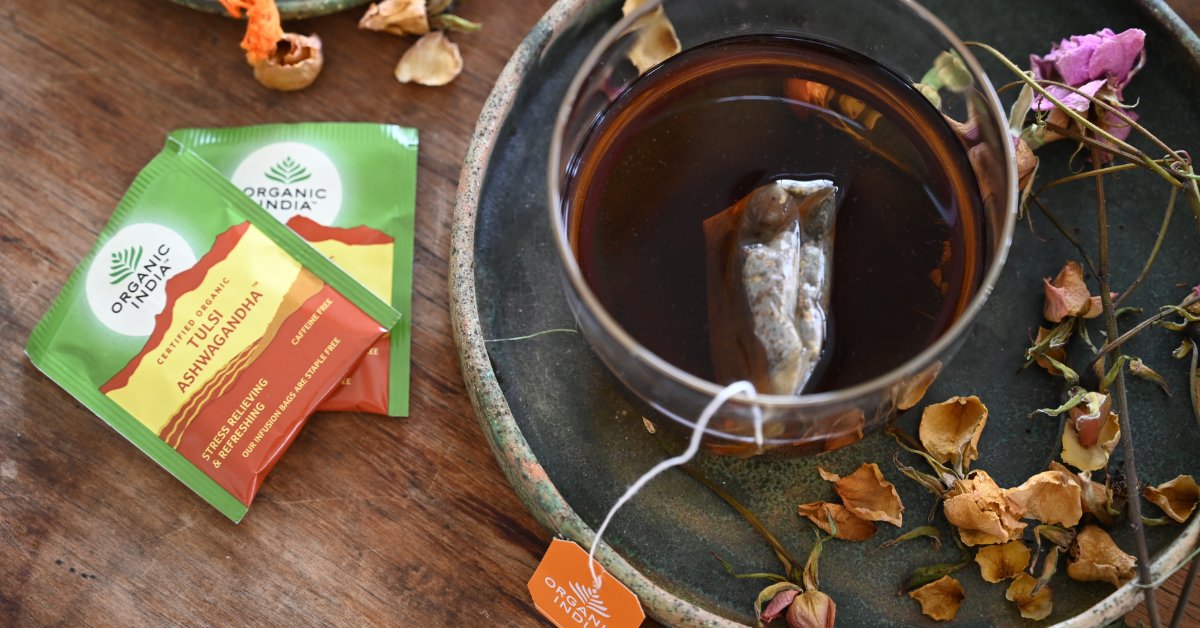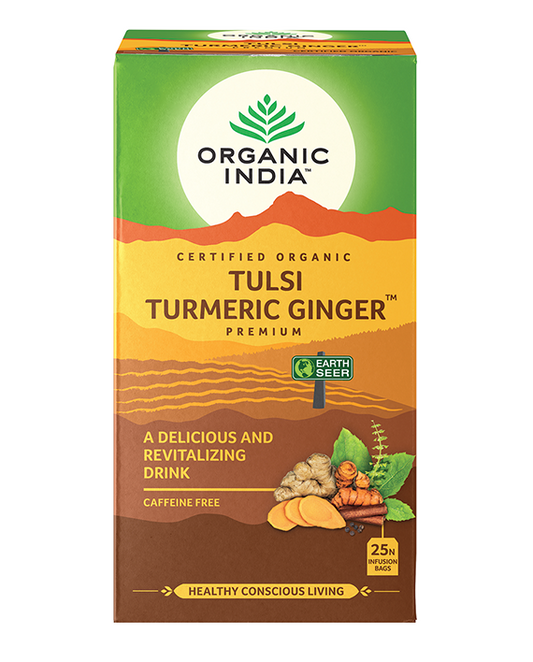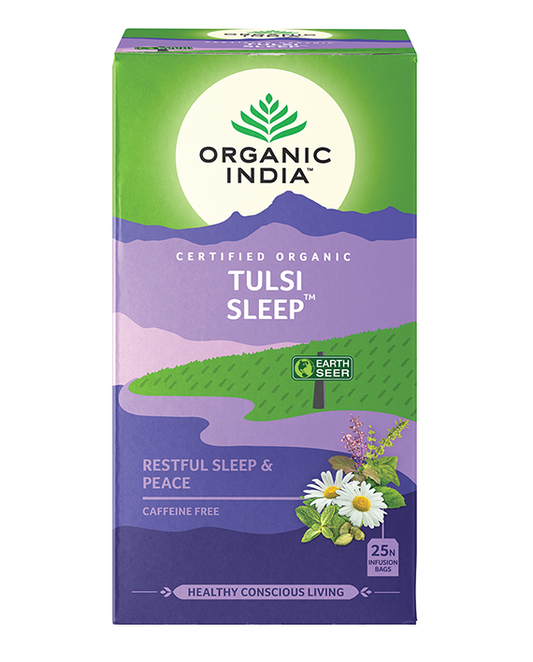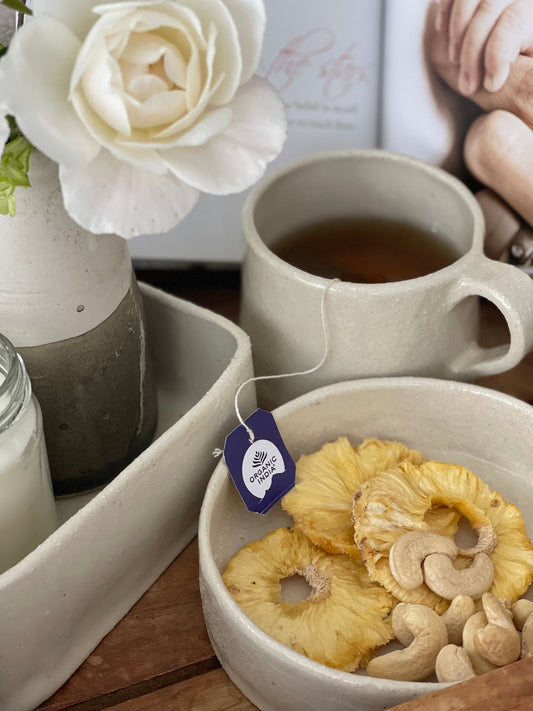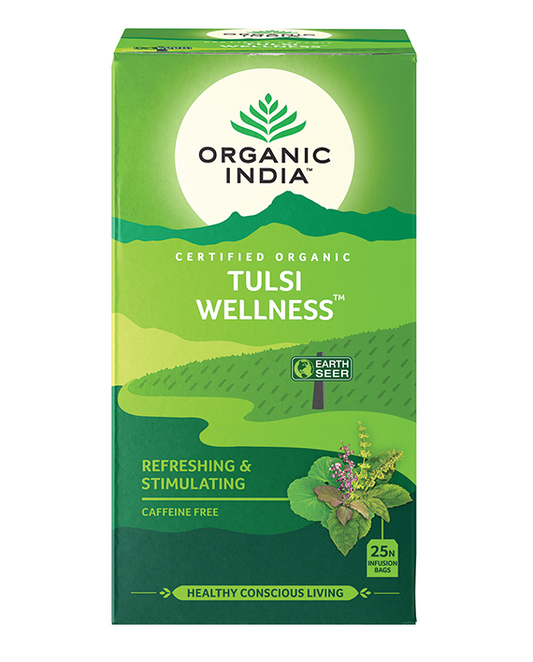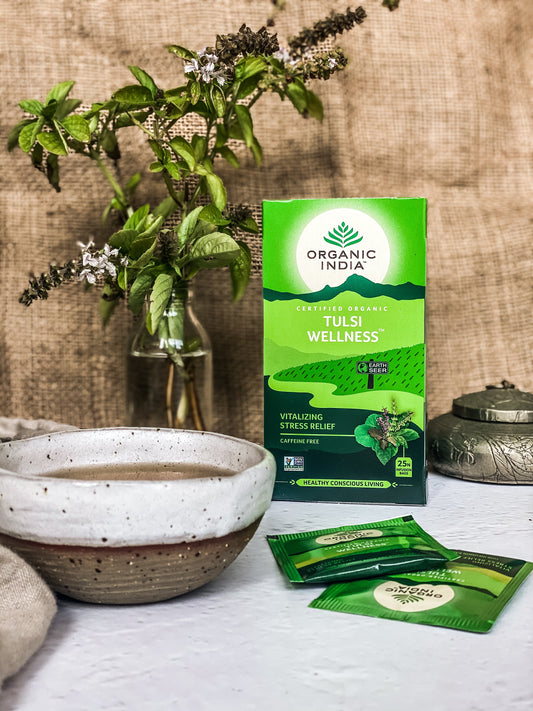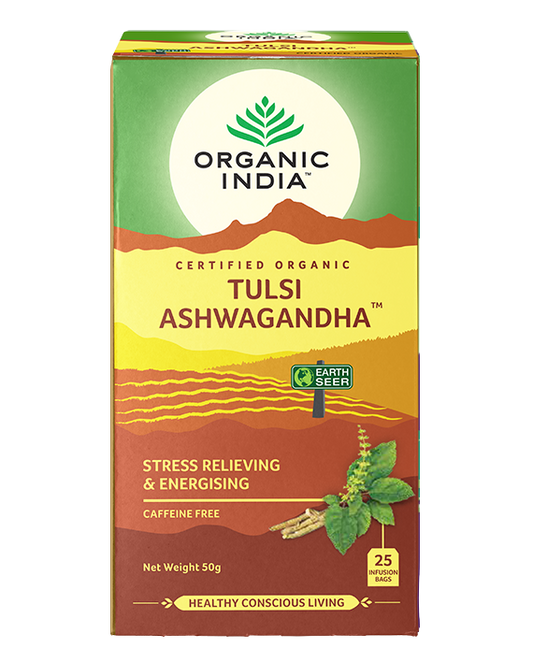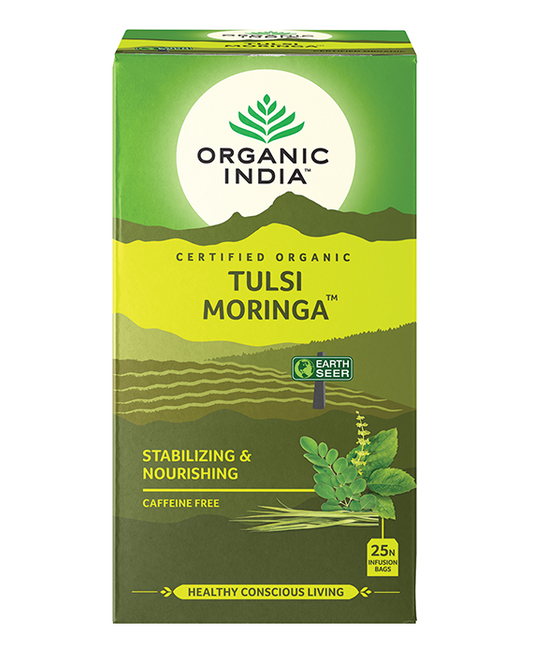‘If anything is sacred, the human body is sacred.’ Walt Whitman
There’s no better time than now to listen to what your body is telling you. From irritability to a racing heart, if your body is under stress you can bet it’s trying to tell you, but are you listening?
S***** HAPPENS
Stress happens. We all know that. Life has a way of throwing us curve balls that cause us to pull at our hair. Whether it’s the kids, work, relationships or a family crisis, you name it, stressy moments rear their heads. Whilst being subjected to and dealing with stress is not the most enjoyable way to spend your time, a little bit every now and then doesn’t do us any lasting harm. After all, our reaction to stress serves a purpose: the body’s ‘flight or fight’ response helps us to focus, remain alert and essentially may help to keep us alive. The bad news, however, comes when we’re (subconsciously) prodding and poking our nervous system into flight or fight mode too frequently. By doing so we are immersing our bodies in a continuous avalanche of cortisol, adrenaline and other stress-related hormones. This deluge of hormones puts enormous pressure on the body and can lead to serious health problems such as upsetting our immune and digestive systems, interfering with our reproductive system, increasing our risk of stroke or heart attack and can lead to mental health issues such as anxiety and depression.
So now we know that continual (or chronic) stress is deadly but what can we do to avoid getting into that state? First, we need to recognise what the symptoms of stress look (and feel) like and secondly, we need to make a plan for stress management.
READ THE SIGNS
Stress is sneaky. It manifests itself in different ways for different people. For some the symptoms may show in our cognitive behaviour. For example, it could impact our memories. Perhaps you start forgetting simple things, like a name, picking something up or meeting a friend. Your concentration span could be reduced making usually simple tasks take twice as long. Some may notice that their minds are racing, trying to deal with hundreds of thoughts fleeting through their heads all at once. Or, you may find yourself constantly worrying about things, many of which are totally out of your control.
Physically you may suffer from frequent colds or even catch the flu – you have a frazzled immune system to thank for that. Your stomach may be upset and you could sometimes feel nauseous and dizzy. Some people complain that they suffer with chest pains and a rapidly beating heart which can be terrifying, especially the first time you experience it. And as for your sex drive – pah! Forget it. Getting down between the sheets will be about as appealing as a full body wax.
Not surprisingly, when we find ourselves under stress our behaviour begins to change. Sometimes we notice these changes ourselves but other times it may be your partner or family who pick it up (not surprising as they may be taking the brunt of the outpourings). Sufferers are often agitated, irritable and weepy – sometimes all at once. Frequently, even though they are not alone, many feel isolated and lonely during periods of stress.
An otherwise healthy eater might start bingeing or snacking on unhealthy foods or, on the contrary, a person’s appetite may disappear entirely. Some people turn/return to vices such as alcohol, drugs and cigarettes. Regular sleep patterns are often interrupted as they sleep little and wake frequently or on the flip side, they might feel like staying in bed all day long, despite having a hefty dose. Those under pressure may also withdraw from social situations either partially or entirely and begin to neglect things like looking after their appearance and general hygiene.
YOU’VE LISTENED…NOW ACT!
Stress isn’t pretty and nobody looks good wearing it. Perhaps the greatest thing we can do about it is to be kind to ourselves by coming up with techniques and coping strategies to prevent and manage stress.
A centuries old practice, meditation can ease the mind, help it to discover inner calmness and support you through the day ahead – even when you’re not meditating. Researchers believe that regular meditation may alter our neural pathways, thereby avoiding stress. Some people find meditation frustrating as to begin with it’s hard to reign-in your thoughts. Don’t despair but at the same time, don’t go it alone. Look for guidance online or try one of the many meditation podcasts.
Breathing techniques can also help you to find inner peace and calm. Just five minutes of deep breathing can help to lower your heart rate and blood pressure. Incorporate these into your daily life and return to them during the day when you think that your stress levels are rising.
EXERCISE
Working-out has been proven to benefit one’s mental state. The thing to remember is that beginning to exercise is the hardest part. Get over that hurdle and you’re on the home straight. Come the middle and the end of you workout you are either immersed in the moment or enjoying the rush of feel-good hormones. If you are entirely new to exercise start small by introducing walking into your daily life, ditch the car (at least for part of the journey), take the stairs at work, take the family to the park or the dog for a long walk – so simple you’ll barely notice you’re exercising.
Don’t forget about exercise classes too – they can take the pressure off you as you’ll have an experienced instructor to follow. All you need to do is show up. Bring a friend or friends along to make it a social activity. Find out about classes at the gym or local hall.
DIET
You may feel like reaching out for chocolate and pizza but these treats are anything but. They actually make stress worse by making us feel lethargic and unable to cope. While standard Australian diet, which is full of sugar and fat, does not necessarily cause anxiety it does appear to worsen anxiety symptoms and impair the body’s ability to cope with stress. Instead, try sticking to a healthy eating pattern that isn’t restricting.
There’s no real rocket science to eating well. A healthy diet includes high fibre foods, complex carbohydrates, lean proteins and lots of fruit and vegetables. Interestingly, researchers at Harvard Medical School believe that the good bacteria found in fermented foods such as yoghurt, pickled vegetables and miso can boost brain health. So why not add these ingredients too?*
Drinking herbal teas can help to calm and nourish. Tulsi-Holy Basil, also known as ‘The Queen of Herbs’ has been proven to lower cortisol levels, thereby reducing stress hormones in the body. Tulsi has been revered by Ayurveda (the ancient Indian health practice) for thousands of years for its ability to support a healthy response to stress.
BE A BEST ‘FRIEND’ TO YOURSELF
If your best friend or a family member was stressed-out what would you do to help them? Try extending these ‘generous gifts and gestures’ to how you treat yourself. Whether it’s a yoga session, a massage or a night at the movies always remember that you deserve to be looked after – you are amazing and so is your body.
